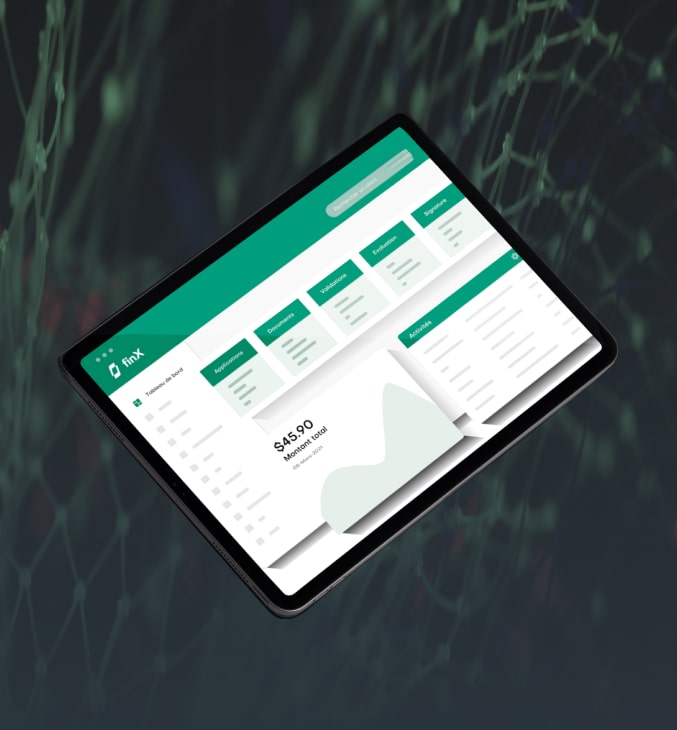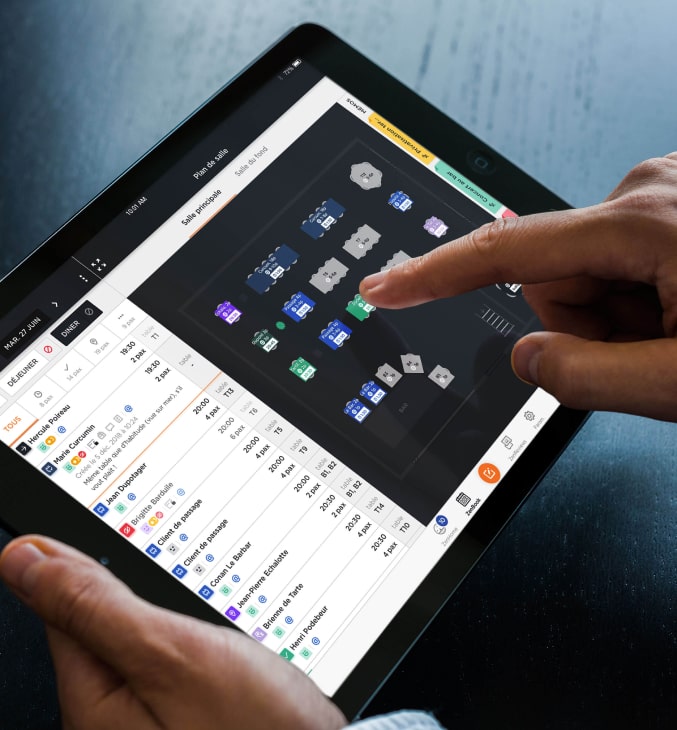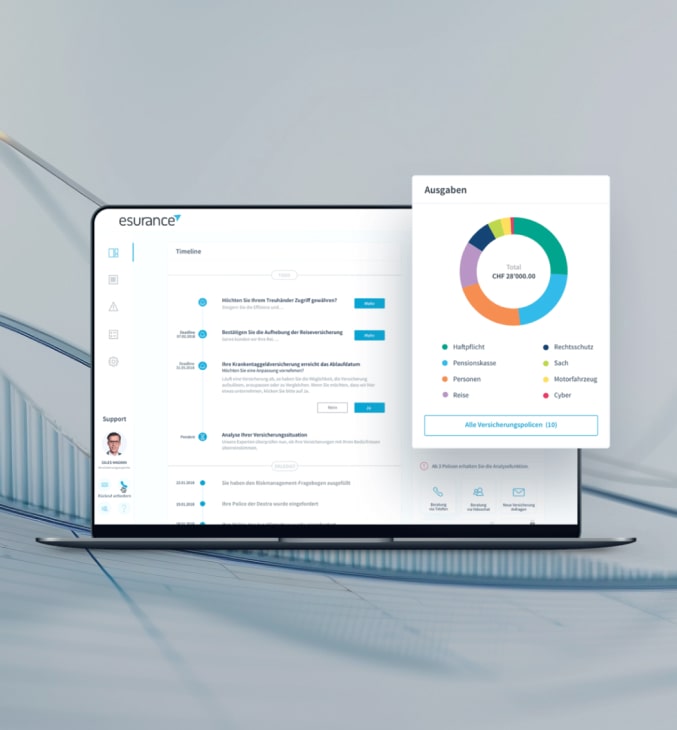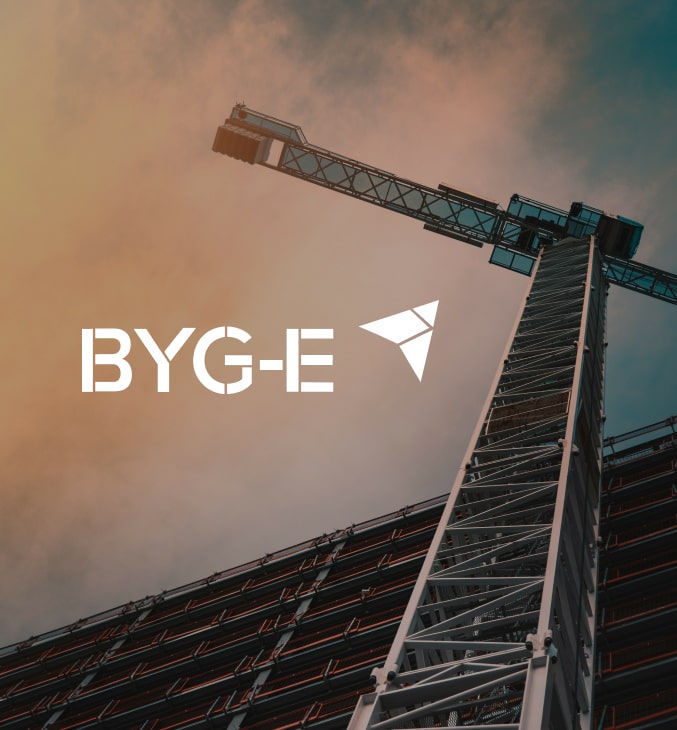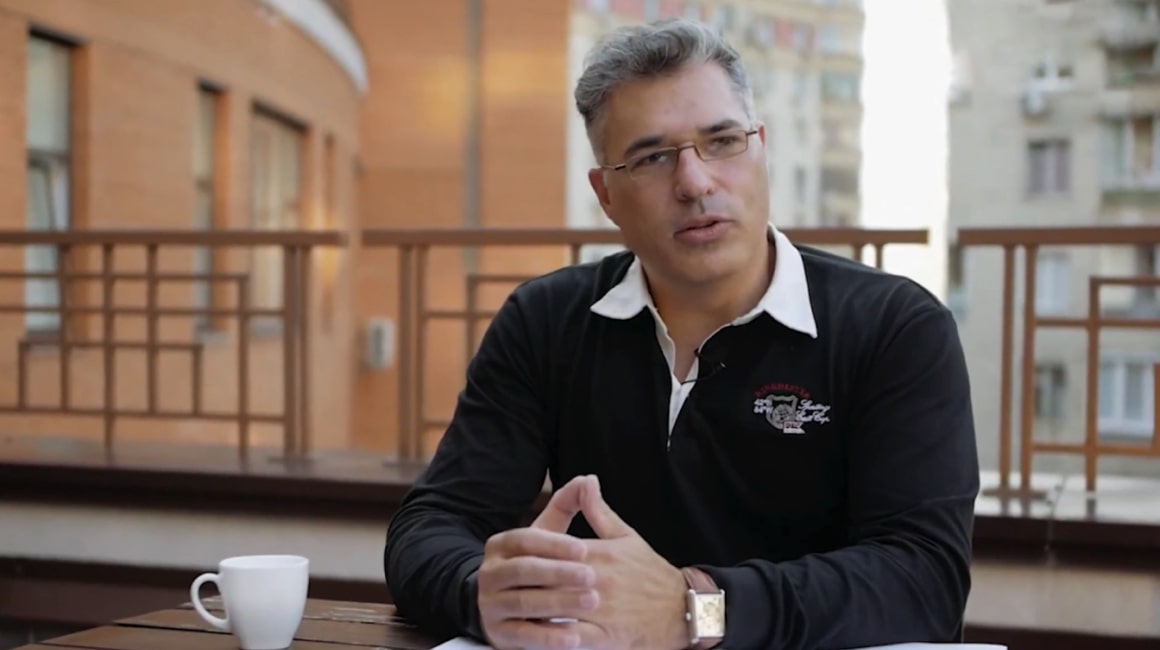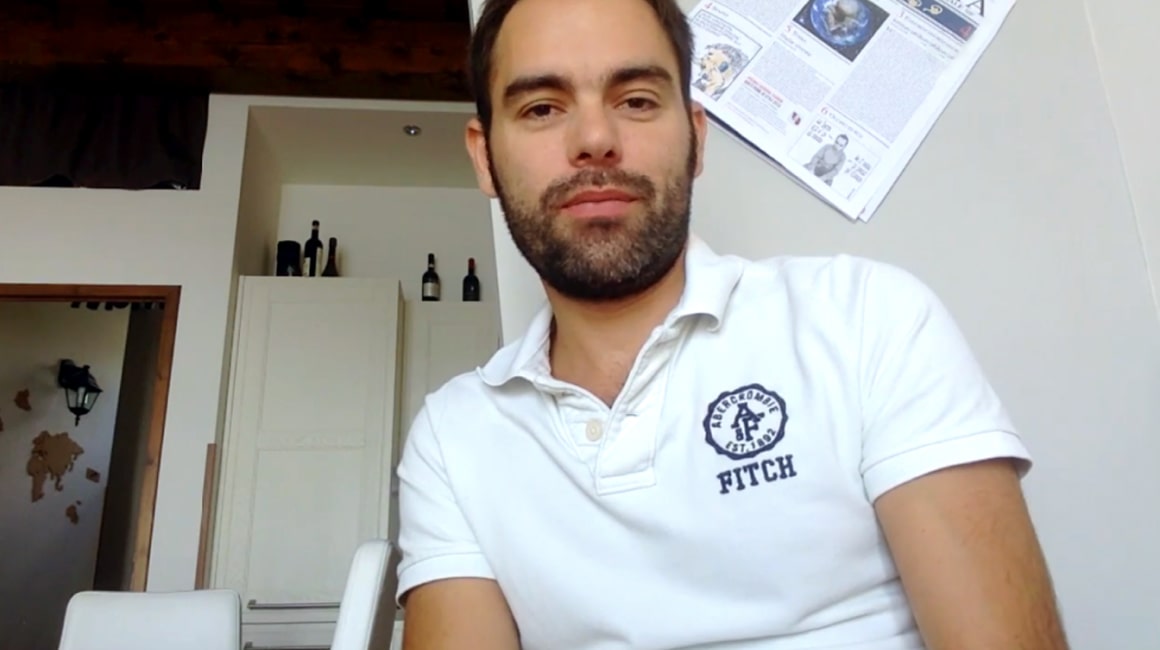
Extensive Developer Pool
Explore the global pool of FinTech software developers carefully selected by our recruiters to utilize their deep finance industry expertise. Hire FinTech talent with ease by counting on Mobilunity.

Transparent Processes
Get reliable FinTech experts from Mobilunity to access straightforward and more optimized development processes. Be sure to receive clear pricing and timely updates on all the tasks within your project.

Dedicated Support
Opt for FinTech software development with us to benefit from ongoing HR and accounting support. Hire our part-time or full-time financial developers and forget about the paperwork / administrative burden.

Complete Control
Engage our FinTech developers, fill the skill / technology gap, and manage the entire development lifecycle. Rely on Mobilunity to get the necessary assistance in onboarding, retention and admin tasks.

Lasting Experience
Use our decade-plus experience finding top global talents to your advantage. Get proven tools, technologies and expertise from our FinTech programmers and deliver high-performance software.

Cost-Effective Approach
Choose between our two flexible cooperation models to access the pricing structure that suits your requirements best. Be sure to get accurate estimates and fair pricing without any hidden expenses.











